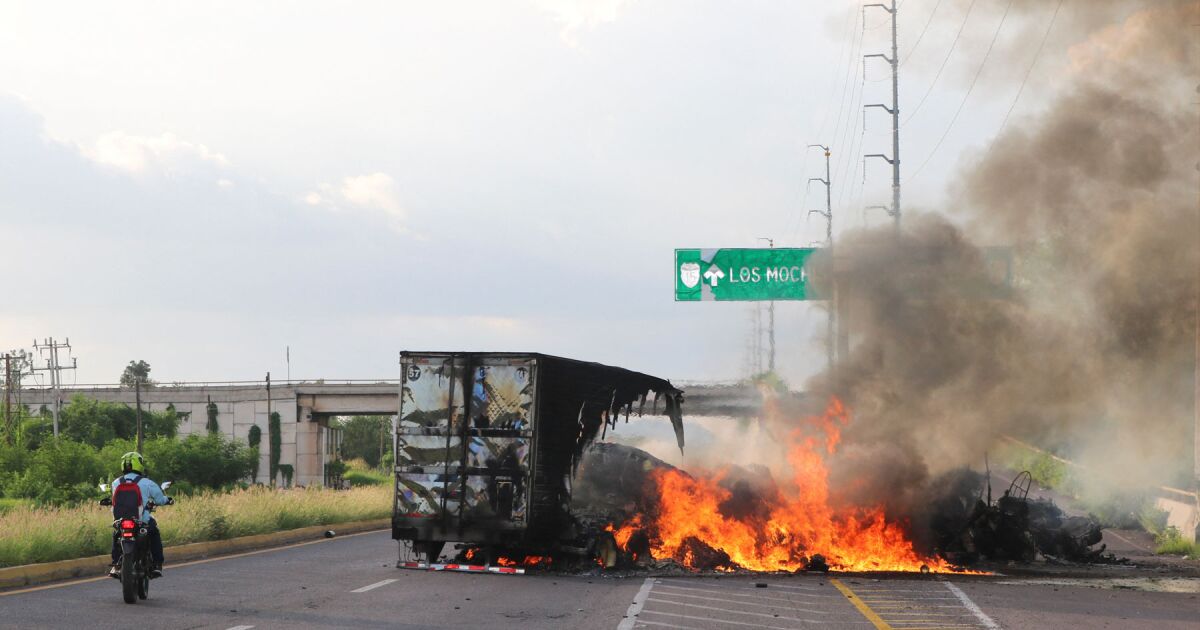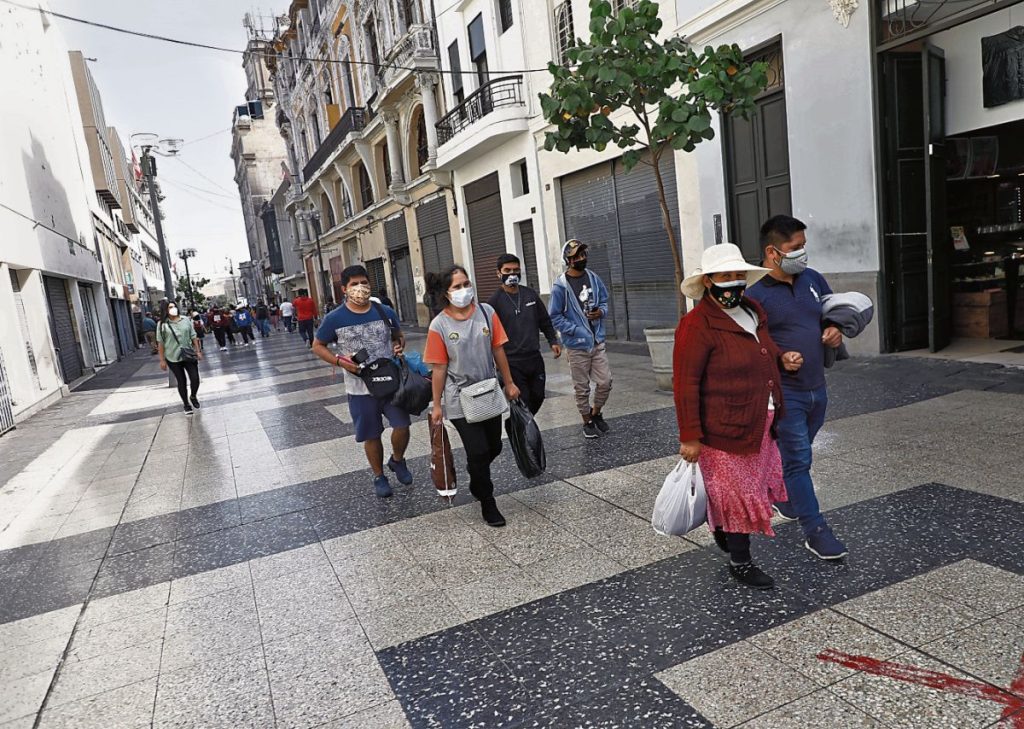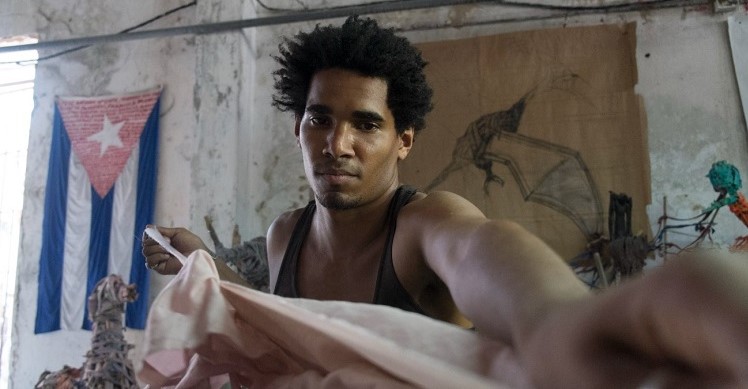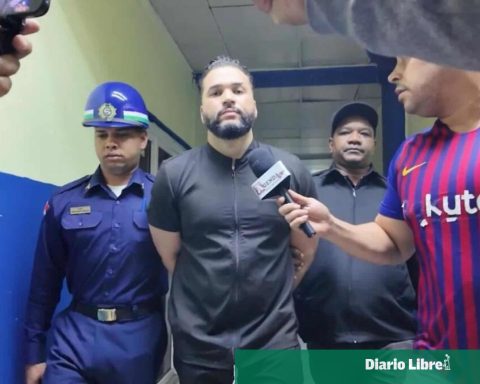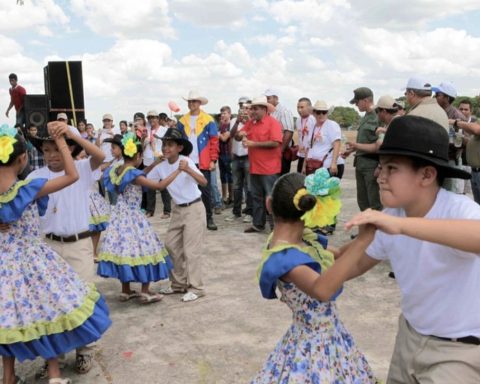Beyond the obvious damage, the breakup of the main leaders of this criminal organization also reveals three truths. It is worth putting them at the center of discussion if we aspire to accurately diagnose the causes of the violence prevailing in large regions of our country and reduce its effects.
1. Violence does depend on criminal dynamics
The López Obrador government boasted until the last minute about the reduction in the number of victims of intentional homicide, according to figures from the Executive Secretariat of the National Public Security System. On every possible occasion, it claimed that this reduction was the result of its strategies, such as addressing the causes through the delivery of social programs, and the operational deployment of the National Guard and other armed forces.
This claim has been questioned, as the authorities have not offered evidence to support it. In addition, in several states the alleged reduction coincides with the increase in “other crimes against life” or disappearances.
In a previous column in this space I highlighted an alternative hypothesis: that violence depends on criminal dynamics and not on public policy. Along with cases such as Guerrero, Chiapas or Sonora, among others, Sinaloa now provides evidence in this regard. In a single weekend, 37 homicide victims were recorded as a result of disagreements between criminal leaders, a figure higher than that recorded in the state in the entire month of March or April.
Questioned at a press conference of the Sinaloa government, the commander of the Third Military Region, Francisco Jesús Leana Ojeda, stated that peace depends on criminal will which is a clear sign of the State’s abdication in matters of security, even if the Armed Forces are in charge. In other words, the Mexican State lacks the capacity to establish and maintain minimum thresholds of governability in various regions of the country, which cannot be resolved until the existence and seriousness of the problem is recognized.
2. Violence depends on the operational capacity of crime
Another truth that is revealed is that violence does not necessarily depend on the number of criminal structures, but on their operational capacity. While it is true that other criminal organizations are participating in this conflict on both sides, such as “Los Rusos” on the side of Los Mayos or the Canobbio family supporting Los Chapitos, it is a fact that the violence sustained in recent days is only possible thanks to the availability of militias of heavily armed hitmen with military equipment and other relevant resources, such as the capacity for social mobilization, as when these organizations employ the population to inform on the movements of their rivals or the State itself.
Since intelligence will be a fundamental pillar of the public security strategy headed by Omar García Harfuch, it is necessary to define new criteria to focus intervention against organized crime and carry out precision shots.
3. We are facing a profound reconfiguration of the criminal regime
The fall of Ismael “El Mayo” Zambada put an end to the Sinaloa Cartel. It is more accurate to refer to its factions now as independent organizations at the operational level. In our country, a stage of profound rearrangements in the distribution of territorial control of organized crime is inaugurated, as national organizations such as the Jalisco Nueva Generación Cartel, regional organizations such as Los Caborca and dozens of local groups will seek to impose their authority in those territories where the unity of Sinaloa contributed to maintaining its hegemony.
